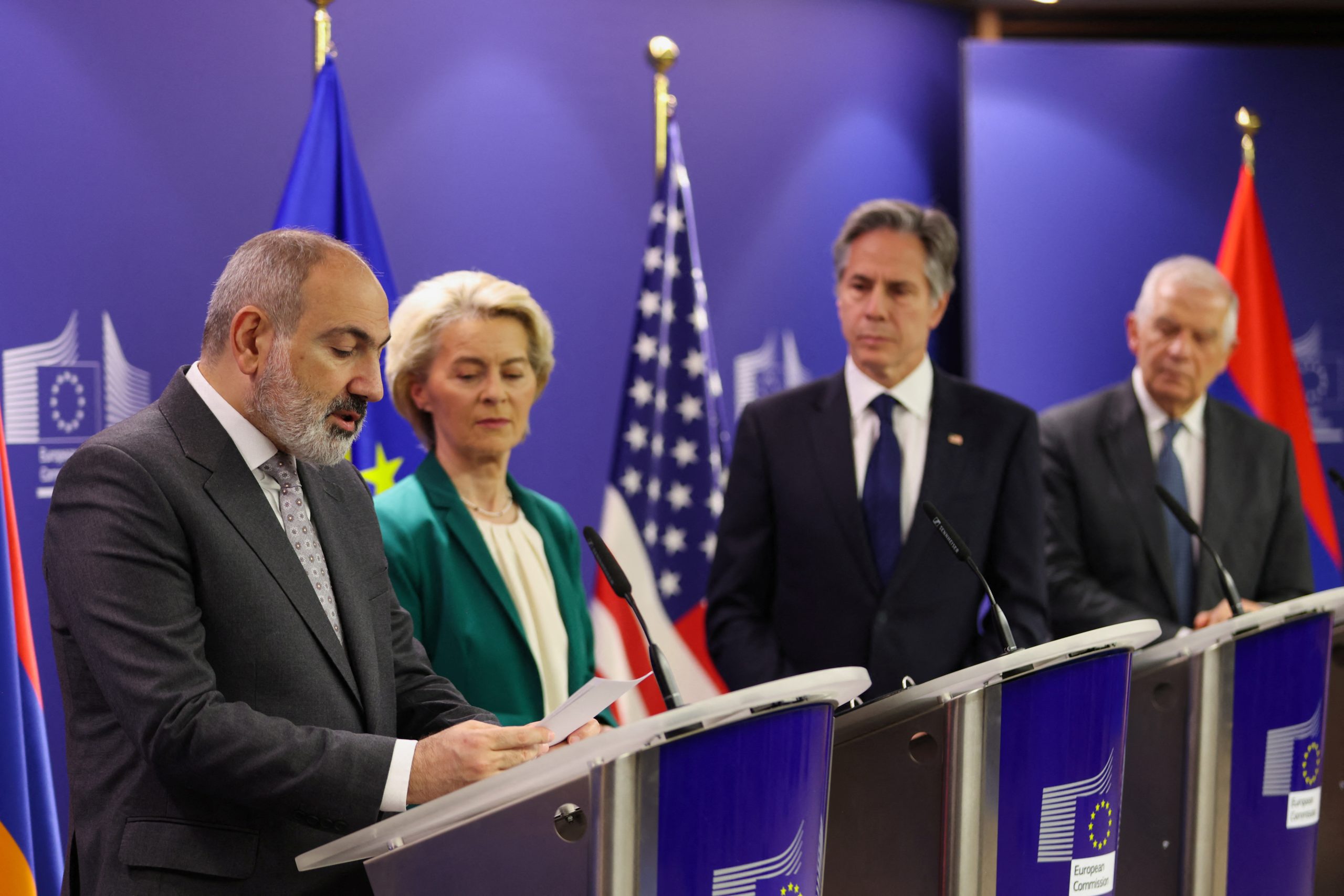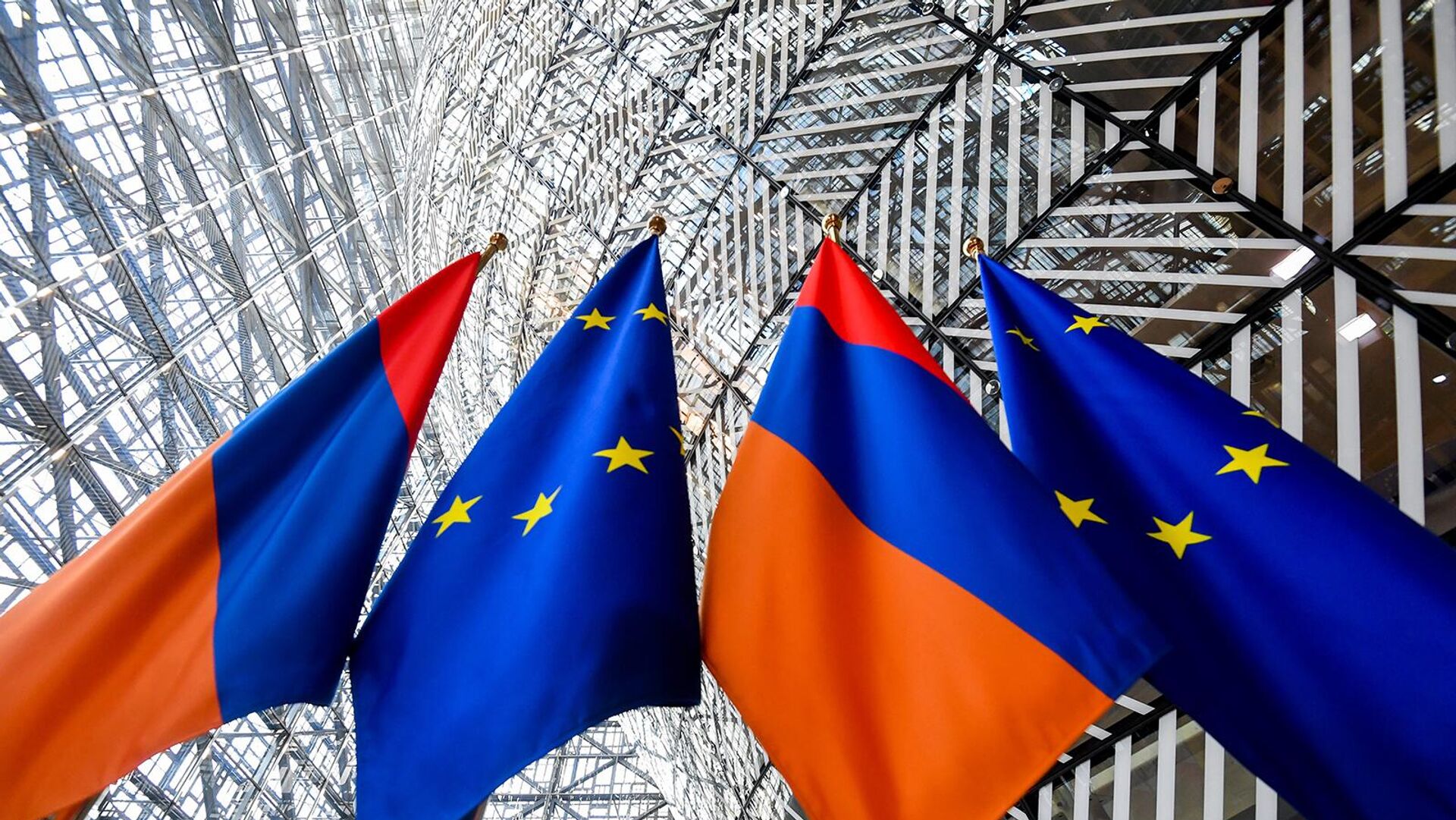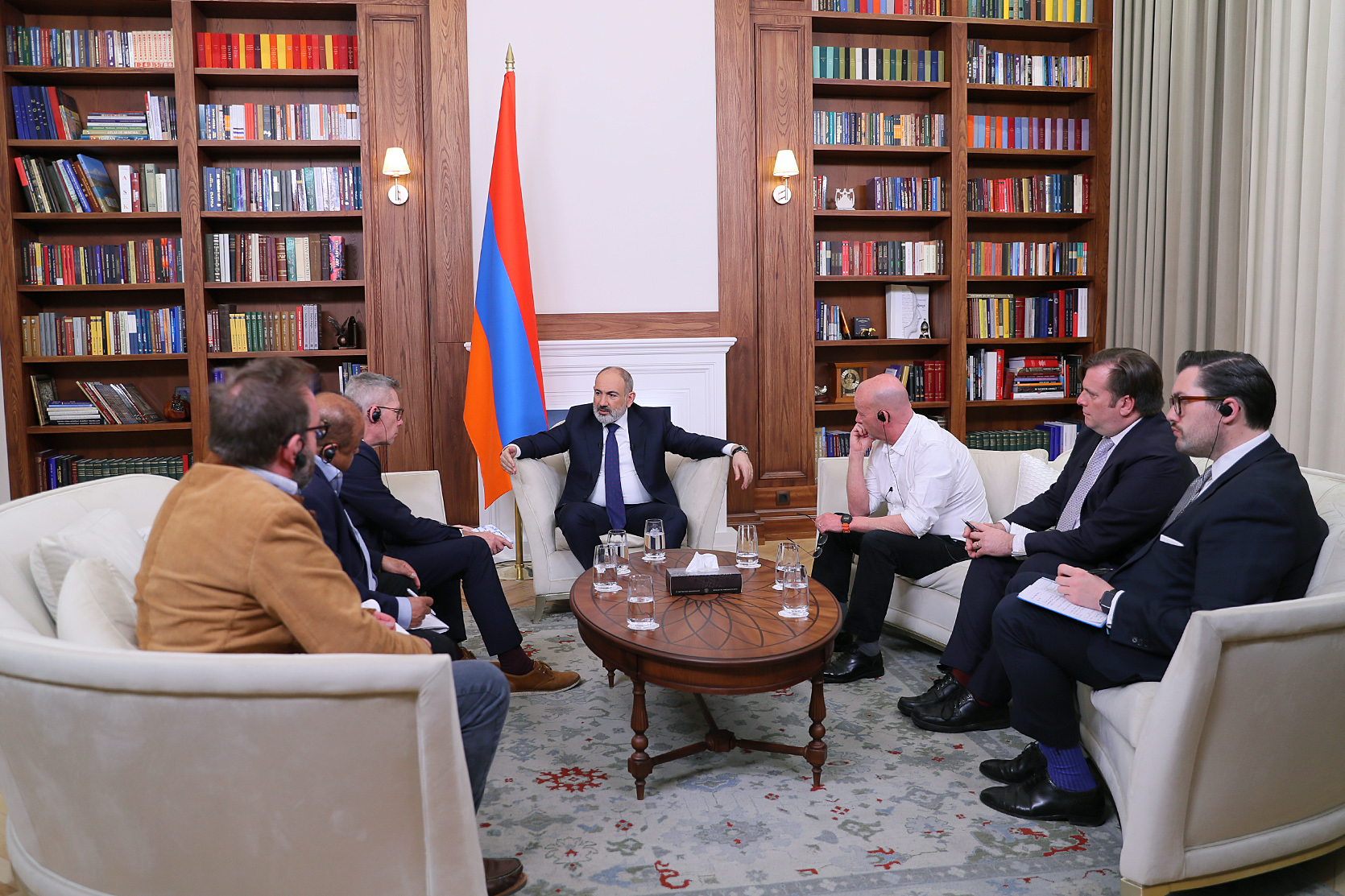The EU will begin a dialogue with Armenia on visa liberalization – When and what to expect
Armenia-EU visa liberalization
The European Union, at the level of ambassadors from all member states, has approved the European Commission’s proposal to begin negotiations on visa liberalization with Armenia. This was initially reported by the radio station “Azatutyun” (Liberty), citing diplomatic sources. The information was later confirmed by Arman Yeghoyan, Chairman of the Parliamentary Commission on European Integration. It is already known that the issue is on the agenda for the EU Council of Ministers meeting scheduled for July 22.
Members of the ruling party “Civil Contract” are confident that the dialogue will commence but remind that, on average, this process can take up to five years. Experts link the success of the visa liberalization process to the global political situation, the resolution of the Russian-Ukrainian crisis, and the clarification of the EU’s position and role in the South Caucasus.
Currently, a visa-free regime with the EU is in place for citizens of more than 60 non-EU countries. Brussels has also established grounds for revoking visa-free status for third countries. Countries that do not meet EU standards or violate them may lose this right.
These are the details known at the time of publication.
- Armenia discusses plans for holding a referendum on EU accession
- “EU won’t fuel Yerevan’s false hopes”. Opinion
- “Armenia cannot count on integration with the West without Georgia”. Opinion
“A lengthy process is expected”
The initiation of the process must first be approved by the EU Council on Foreign Relations. Then, the issue of visa liberalization with Armenia will be discussed in the European Commission. The Commission will announce when negotiations will begin and what actions are expected from the country’s authorities to establish a visa-free regime.
Rikard Jozwiak, editor of European Radio Liberty, warns that Armenia faces a lengthy process that could stretch over many years. The country will need to present annual reports on the steps taken. Moldova waited three to four years for visa liberalization, Georgia five years, Ukraine’s process took nine years, and negotiations with Turkey have been ongoing for over 10 years, the journalist reminds:
“Each country follows its own path. This is the beginning of a process that will take time to complete.”
“Brussels’ list of demands will be hundreds of pages long”
The visa regime will only be lifted if Armenia fully meets all criteria. Brussels’ requirements span various areas, including border management, combating organized crime, and corruption.
According to Rikard Jozwiak, the list of requirements will be hundreds of pages long, and Armenia will need to fulfill all of them.
A preliminary action plan will be drafted and given to Armenia for implementation. This usually takes about six months, but it may take longer this time. The European Parliament elections were held in June this year, and the new European Commission has not yet been formed. Therefore, Armenia is expected to receive the list of requirements either at the end of 2024 or the beginning of next year.
The decision to lift the visa regime will be made only after the full implementation of all requirements.
“Two bodies have the authority to make the final decision. The first is the European Parliament, where Armenia has the necessary support, and the second is the member states. All 27 countries must give their consent, which is not always easy to achieve. This is due to the growing movement against illegal immigration in Europe. In particular, Sweden, the Netherlands, and Austria are very cautious about granting visa-free status to new countries,” says Jozwiak.
Comment
The European Union and the collective West as a whole face a very challenging task: to solidify their presence in the South Caucasus and neutralize Russia’s influence, says political scientist Garik Keryan.
“They make such concessions to maintain their influence in the South Caucasus,” he believes.
Keryan points out that in recent years, Armenia has been “taking firm steps towards the West,” shifting its foreign policy vector and announcing a “freeze in relations with Eurasian military-political structures.” He refers to the CSTO military bloc led by Russia.
In his view, the fate of the visa liberalization dialogue will be determined by significant political events. The expert lists the US presidential elections, parliamentary elections in Georgia, and the resolution of the crisis in Ukraine as influential factors:
“It’s possible that the dialogue on visa liberalization with Armenia will begin, but a decision may not be made for several years. However, they could also make a decision sooner, perhaps even granting candidate status for EU membership, if the political events of this year do not change the regional situation.“
The political scientist leans towards the idea that the European Union will wait for the completion of these events to determine its potential influence in the South Caucasus:
“In any case, the visa liberalization process will not yield results this year. Next year, everything will depend on the political situation that develops.”





















